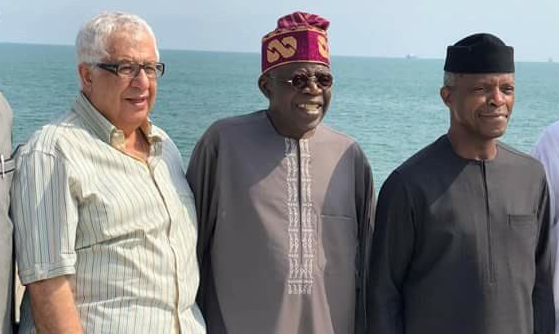
A regular characteristic of Emerging Market (EM) countries, is that they do not have a diversified economy, but instead depend on a particular sector. In terms of the Middle East and Africa, it is quite clear that the Oil & Gas sector is probably the most significant. There are many risks that sit alongside this sector dependence. For one, the government plays a dominant role in all parts of the economy, making it hard to separate, or even distinguish, the private from public companies; in turn this means that Oil & Gas incomes are often accounted for in the government’s annual budget, thus making any price fluctuation a direct influence on the local economy; and finally domestic energy consumption is subsidized via low petrol, gas, and electricity prices as compensation for the use of natural resources which means a further hit on the state’s own public finances.
This piece was written by Kees Lakerveld co-founder of our partners 2FX Treasury, and is taken from our 5 day series on:
‘Transaction banking in the Middle East and Africa’
What to expect next week:
Day 3 (Monday) – Liquidity
Day 4 (Tuesday) – Exchange rate setting
Day 5 (Wednesday) – Investor protection policies
Previous:
Day 1 – Transaction Banking in the Middle East and Africa
Who are 2FX Treasury?
Specialists in international banking and payments, co-founders Kees Lakerveld and René Schilder are able to advise businesses on how to optimise payments and trade finance to/from Emerging Markets. They work in partnership with Menas Associates to provide a one-stop solution for clients facing political and financial risks in countries such as Nigeria, Iran and Egypt.



